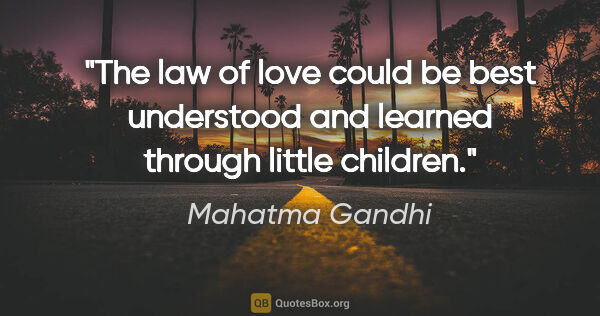Little Quotes (page 218)
Was it just that? She was to be content to weave a steady life with him, all one fabric, but perhaps brocaded with the occasional flower of an adventure. But how could she know what she would feel next year? How could one ever know? How could one say Yes? for years and years? The little yes, gone on a breath! Why should one be pinned down by that butterfly word? Of course it had to flutter away and be gone, to be followed by other yes's and no's! Like the straying of butterflies.
David Herbert Lawrence
If, however, you take a moment to observe how you actually feel immediately after you criticise someone, you'll notice that you will feel a little deflated and ashamed, almost like you're the one who has been attacked. The reason this is true is that when we criticise, it's a statement to the world and to ourselves, "I have a need to be critical." This isn't something we are usually proud to admit.
Richard Carlson
John," she said, "does it make every one unhappy when they study and learn lots of things"
He paused and smiled. “I am afraid it does,” he said.
"And, John, are you glad you studied?"
"Yes," came the answer, slowly but positively.
She watched the flickering lights upon the sea, and said thoughtfully,
“I wish I was unhappy,—and—and,” putting both arms about
his neck, “I think I am, a little, John.
W. E. B. Du Bois
It was pitch dark. I could hear only the violin, and it was as though Juliek's soul were the bow. He was playing his life. The whole of his life was gliding on the strings--his last hopes, his charred past, his extinguished future. He played as he would never play again...When I awoke, in the daylight, I could see Juliek, opposite me, slumped over, dead. Near him lay his violin, smashed, trampled, a strange overwhelming little corpse.
Elie Wiesel
Perhaps it's my destiny to remain a bookkeeper forever, and for poetry and literature to remain simply butterflies that alight on my head and underline my own ridiculousness by their very beauty. In the future I'll be living quietly in a little house somewhere, enjoying a peaceful existence not writing the book I'm not writing now and, so as to continue not doing so, I will use different excuses to the ones I use now to avoid actually confronting myself.
Fernando Pessoa
What was behind this smug presumption that what pleased you was bad or at least unimportant in comparison to other things? …
Little children were trained not to do “just what they liked’ but … but what? … Of course! What others liked. And which others? Parents, teachers, supervisors, policemen, judges, officials, kings, dictators. All authorities.
When you are trained to despise “just what you like” then, of course, you become a much more obedient servant of others — a good slave. When you...
Robert M. Pirsig


